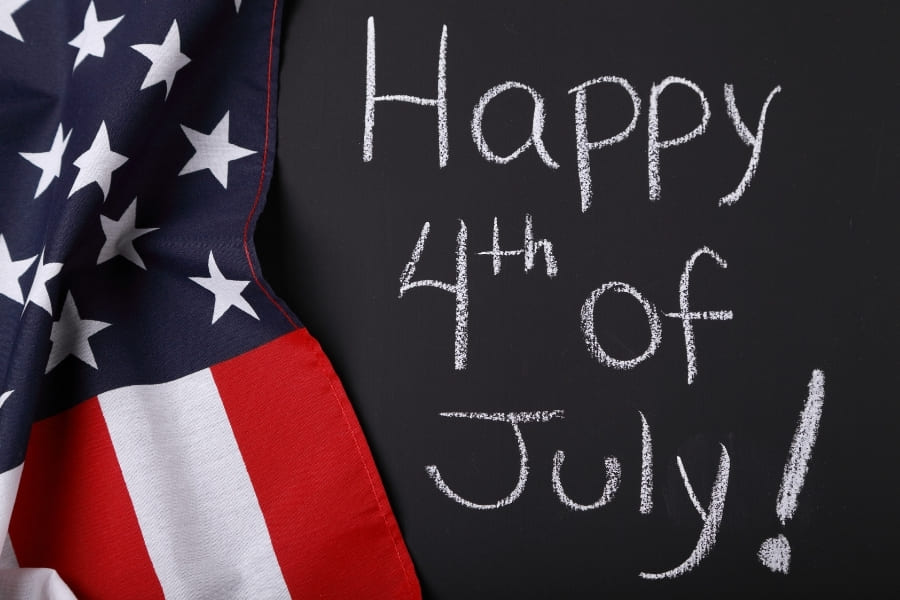
Introduction
July 4th, also known as Independence Day, is a significant day in American history, marking the adoption of the Declaration of Independence in 1776. While Canada does not celebrate Independence Day, the relevance to Canadians is notable due to the close ties the two nations share. Understanding July 4th can provide insight into cultural exchanges and the shared history of North America.
Historical Context
On July 4, 1776, the Continental Congress formally adopted the Declaration of Independence, a document primarily authored by Thomas Jefferson. This declaration asserted the thirteen American colonies’ right to be free from British rule. Over the years, July 4th has evolved into a day of national pride, featuring fireworks, parades, and various patriotic displays.
Current Celebrations
Every year, July 4th is celebrated with a host of events across the United States, including fireworks shows, concerts, barbecues, and family gatherings. Cities and towns host parades featuring floats, marching bands, and community organizations. Many Americans also take part in activities such as flag-raising ceremonies and public speeches that emphasize liberty and freedom.
Even in Canada, where July 4th is not an official holiday, many communities participate in friendly celebrations, especially in regions close to the U.S. border. These events serve not only as a gesture of goodwill but also highlight the mingling cultures and shared celebrations.
Conclusion
As we reflect on July 4th, it becomes clear that it symbolizes much more than just the independence of the United States; it represents a broader theme of freedom and self-determination. For Canadians, recognizing this holiday illuminates the interconnected histories between Canada and the U.S., fostering a sense of camaraderie and understanding. Looking forward, it is essential to continue to appreciate and celebrate both nations’ shared values while embracing their unique identities.



